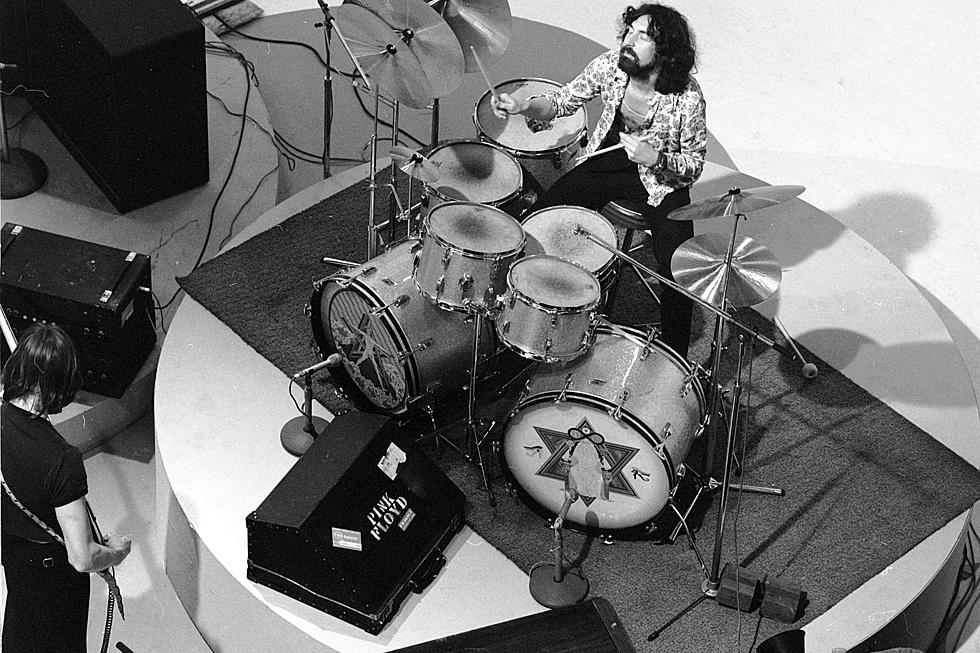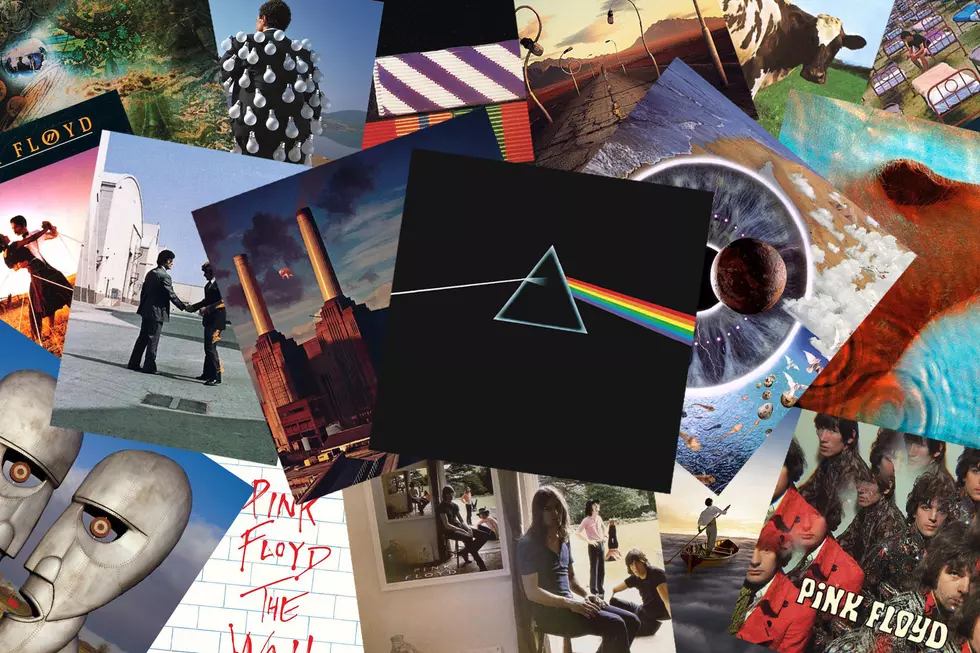
50 Years Ago: Pink Floyd Soundtrack the Moon Landing
When viewers in the U.K. gazed upon their television sets on July 21, 1969, they were witnessing history. Man was setting foot on the Moon for the first time, and providing the soundtrack was legendary rock band Pink Floyd.
The BBC recognized how historically significant the Moon landing would be and planned its programming accordingly. Over a 10-day period the network provided more than 27 hours' worth of material that was about or inspired by the Moon landing. These included news reports, children’s shows and Moon-centric entertainment.
By this point in their career, Pink Floyd’s music had already appeared in various U.K. TV programs. Among them was a 1968 episode of the British documentary series Omnibus, which focused on the English rock-music scene. When the BBC tasked Omnibus with creating a special episode to air among the Moon-landing programming, the show’s producers invited Pink Floyd back for an encore performance.
Titled So What if It’s Just Green Cheese?, the Omnibus special aired live the night of Neil Armstrong’s “giant step for mankind.” The program included actors such as Ian McKellen and Judi Dench reading quotes and poetry about the Moon. Dudley Moore and his Dudley Moore Trio also performed, as did jazz singer Marion Montgomery.
Still, arguably the most memorable part of the show was Pink Floyd’s improvisational jam session. The group delivered an engrossing instrumental track that was equal parts trippy, eerie and ambient. “We were in a BBC TV studio jamming to the landing,” guitarist David Gilmour recalled in a 2009 conversation with The Guardian. “It was a live broadcast, and there was a panel of scientists on one side of the studio, with us on the other. I was 23.”
"It was fantastic to be thinking that we were in there making up a piece of music, while the astronauts were standing on the Moon," Gilmour observed. "It doesn't seem conceivable that that would happen on the BBC nowadays."
The song from their performance would be called “Moonhead,” and though it has been bootlegged countless times over the years, it didn't receive an official release until 2016 when it was included as part of Pink Floyd’s The Early Years 1965–1972 box set.
The experience stuck with Gilmour even after the performance ended. The guitarist recalled “being in my flat in London, gazing up at the Moon, and thinking, ‘There are actually people standing up there right now.’ It brought it home to me powerfully, that you could be looking up at the Moon and there would be people standing on it.”
Pink Floyd Albums Ranked
More From 96.3 The Blaze










